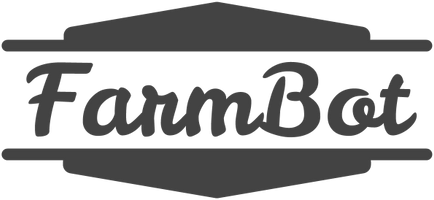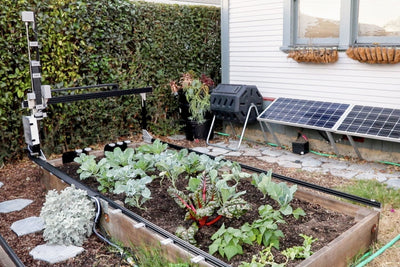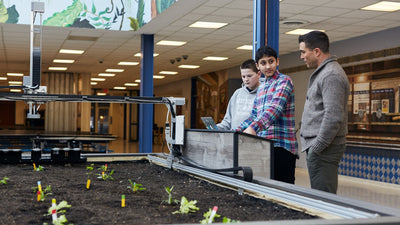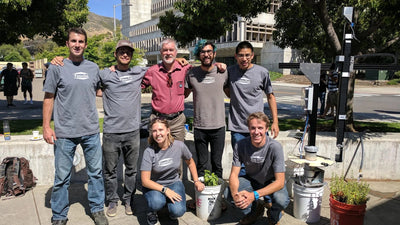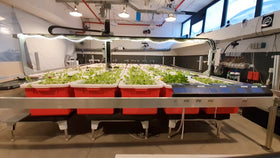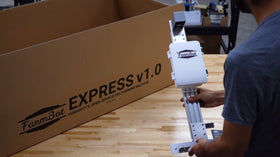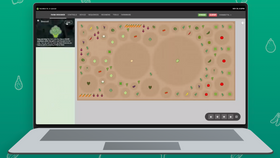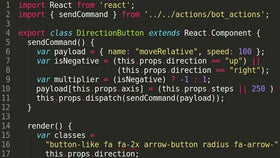A common misconception I have heard when I tell people about the FarmBot Project is that being open-source rules out the possibility of making money. Plain and simple, that is absolutely not true. In my opinion, being open-source is the unique facet that is even allowing me to
start a company and movement around FarmBot. There is no way I would have been able to attract a team or get the financial backing I needed by working in a proprietary manner - the barrier to entry would have been too high.
Longer term than the startup phase, there are plenty of ways to monetize an open-source project. I believe that there is
always value that can be added (and sold) on top of a free and open-source project. I'll give just a two examples that pertain to this company:
- Software as a service - Not very many people want (or have the technical ability) to setup and maintain their own instance of the FarmBot web app. Instead, they will opt to pay a small monthly fee for hosted service for the value of convenience, saved time, the latest features, and support.
- Hardware kits - Sure, anyone can look at a FarmBot's bill of materials and buy all of the parts themselves from 50 different places on the Internet. But most people just want to buy one thing from one place with the assurance that everything needed will be in the box with a nice instruction manual and the backing of a company's support. Again, they will be paying for the value of convenience, saved time, and support. Additionally, economies of scale may allow the company to produce the final product at a lower cost and higher quality than possible for an individual to do so. So add in the value of saving money and getting something of higher quality.
It's clear to me that open-source can be very profitable, even lucrative, if there is a viable business plan of providing value added service or product on top of the open-source base.
In fact, current trends are showing that open-source is becoming a
necessary component to the business model; that in order to compete in the marketplace, a company
must make at least some of their product or service open-source. Otherwise, consumers will want nothing to do with it because some value will be missing (such as data freedom, hackability, or a price of $0) that an open-source alternative may offer.
Open-source is quickly becoming the gold standard that consumers demand.
As open-source ideals become more prominent in mainstream society, they will infiltrate all disciplines and cause radical disruption of all industries - there is no going back and no stopping it from happening. Once there is open-source
software that fulfills the same function as the proprietary version, what developer would want to go back? Once there is a
government that prioritizes transparency, what else would citizens accept? When there is a
currency that allows us to use our money in the way we want to, or a
social network that gives us true ownership of our data, or a
transportation system that can connect the world, or an
encyclopedia that anyone can edit, or a
cell phone open to customization, or a free
resource that let's us know exactly how to grow our food, or a company that empowers us to
repair their products, or
frameworks for taking care of our planet's natural resources, or a school that adopts
open educational resources, or a technology that let's us
make anything we can dream of, who would ever want anything else? Out with the old and in with the new! Proprietary is so last century, welcome to the open-source future!
